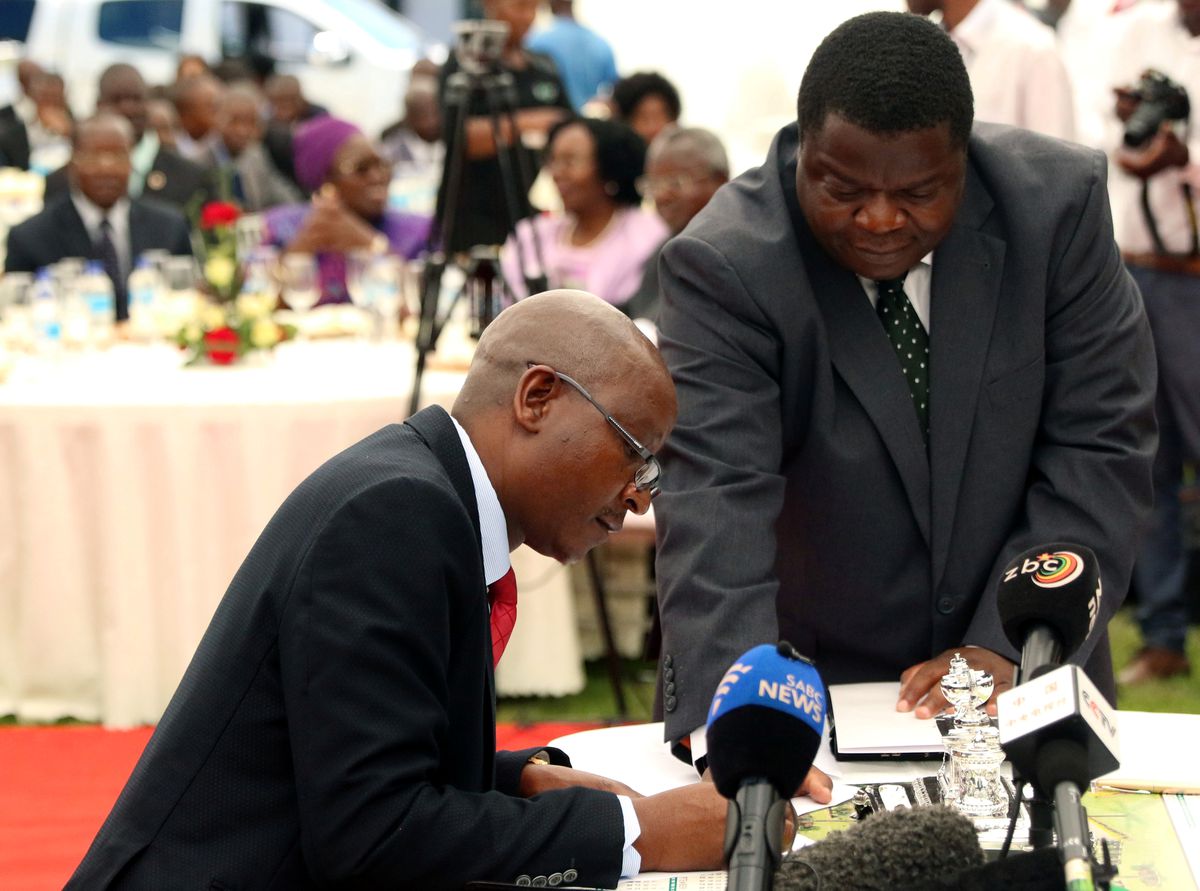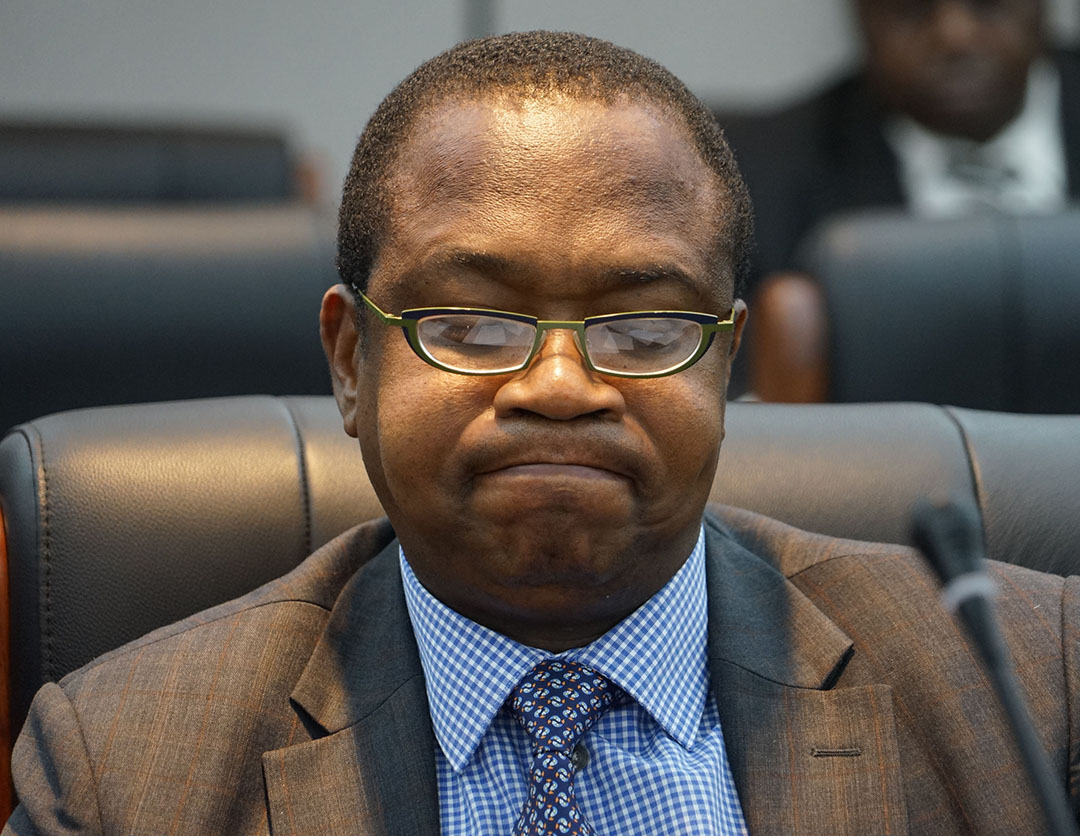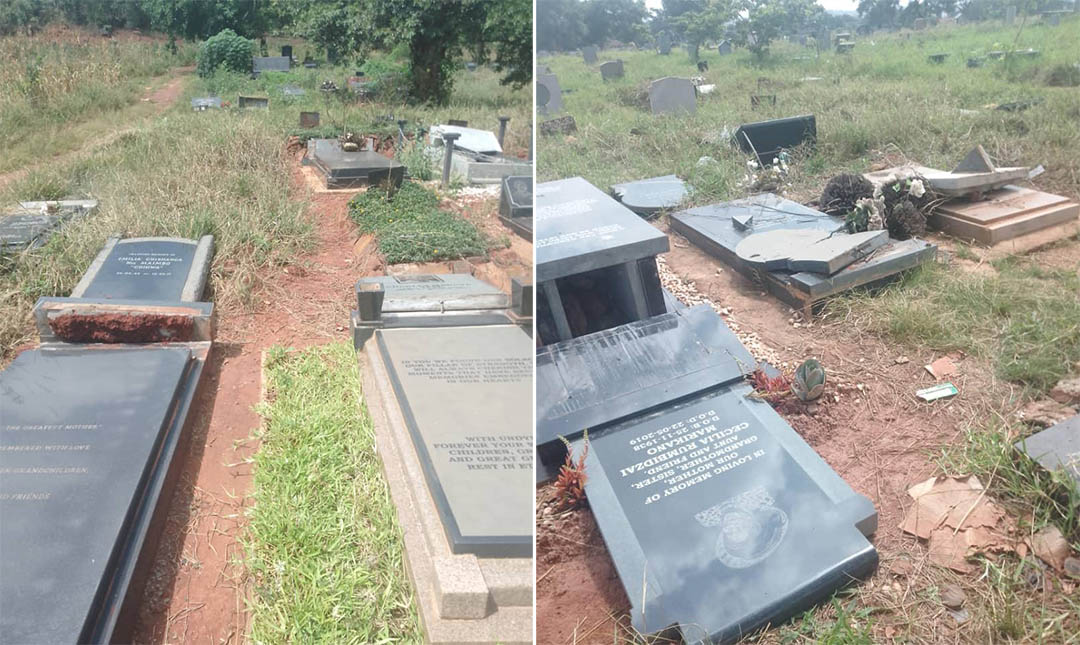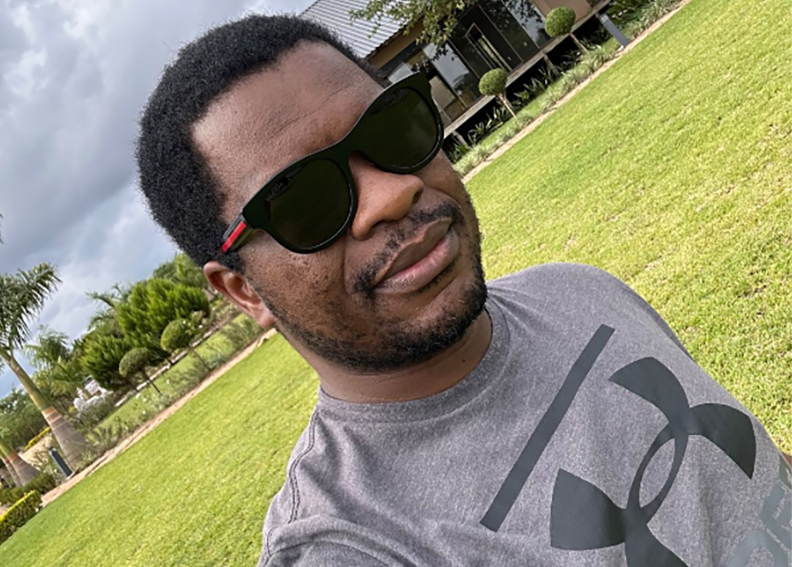HARARE – A list of nine judges shortly to be appointed to the High Court bench leaked on Monday, throwing up troubling questions about the selection process.
Judges are appointed by the president on the recommendations of the Judicial Service Commission (JSC) which also conducts public interviews of shortlisted candidates.
A leaked government document obtained by ZimLive however showed ministers were also involved in the process, which one lawyer described as “illegal, unconstitutional and scandalous.”
The document says in part: “The Cabinet has the honour to recommend that His Excellency, the President, may be pleased to appoint the following as judges of the High Court of Zimbabwe in terms of section 180(1) of the constitution…”
It listed the nine as current chief magistrate Munamato Mutevedzi, fellow magistrate Elijah Makomo, Foroma Rodgers Manyangadze, Chipo Lucie-Annie Mungwari, Never Katiyo, Joseph Chilimbe, Bongani Ndlovu, Samuel Deme and Cathrine Kate Mzawazi Bachi.
Thirty-five candidates went through public interviews to fill nine vacant High Court posts after some Supreme Court judges joined the Constitutional Court, and High Court judges were promoted to the Supreme Court.
ZimLive understands the nine could be sworn-in as early as Tuesday.
In interviews, lawyers said there was no provision in Zimbabwe’s constitution for cabinet ministers to recommend who should be appointed as a judge.
Coming just weeks after threats issued by justice minister Ziyambi Ziyambi to “reform” the judiciary after judges ruled against the government, revelations that politicians and not the JSC made the recommendations will heighten public concerns about “judicial capture.”
Dr Alex Magaisa, a lecturer at the Kent Law School said: “Cabinet has no such authority under the constitution. It has no role. That role is for the JSC. What if the JSC’s recommendations were ignored?”
Another lawyer said: “One is tempted to simply observe on the fact that cabinet’s involvement is unconstitutional but that’s really not the issue. The issue is that a constitutional commission, the JSC, is reviewed by a body of politicians.
“It would be interesting to establish whether this is the list of candidates recommended by the JSC or this list is as amended by cabinet. The importance of this is self-evident, Ziyambi Ziyambi indicated that Mnangagwa wanted to transform the judiciary. We all wondered how he would do that. Could this be our answer?”
In May, three High Court judges rules that extending Chief Justice Luke Malaba’s tenure by five years was illegal after a constitutional amendment raised the retirement age of Constitutional and Supreme Court judges to 75 from 70.
In a strongly worded statement, Ziyambi stormed: “I want to make it clear that we do not accept the decision of the High Court. We have a serious situation of a judiciary that has been captured by foreign forces in this country.”
The minister also said a certain group of judges always passed judgments that sought to tarnish the image of the government. He did not name such judges.
He added chillingly: “Time has now come to expose all these malcontents and economic saboteurs who are not sleeping until they bring down the Second Republic. We are now going to poke the enemy in the eye and confront it.
“The time has come also to look at the transformation of the judiciary, have we really succeeded as a country to transform the judiciary? You need to only look at various decisions that have been made by a certain group of judges which are meant to tarnish the Second Republic.”
Chief Justice Malaba, the man Ziyambi was battling to rescue, is the head of the JSC, and if anomalies have taken place is unlikely to call out the government.
















